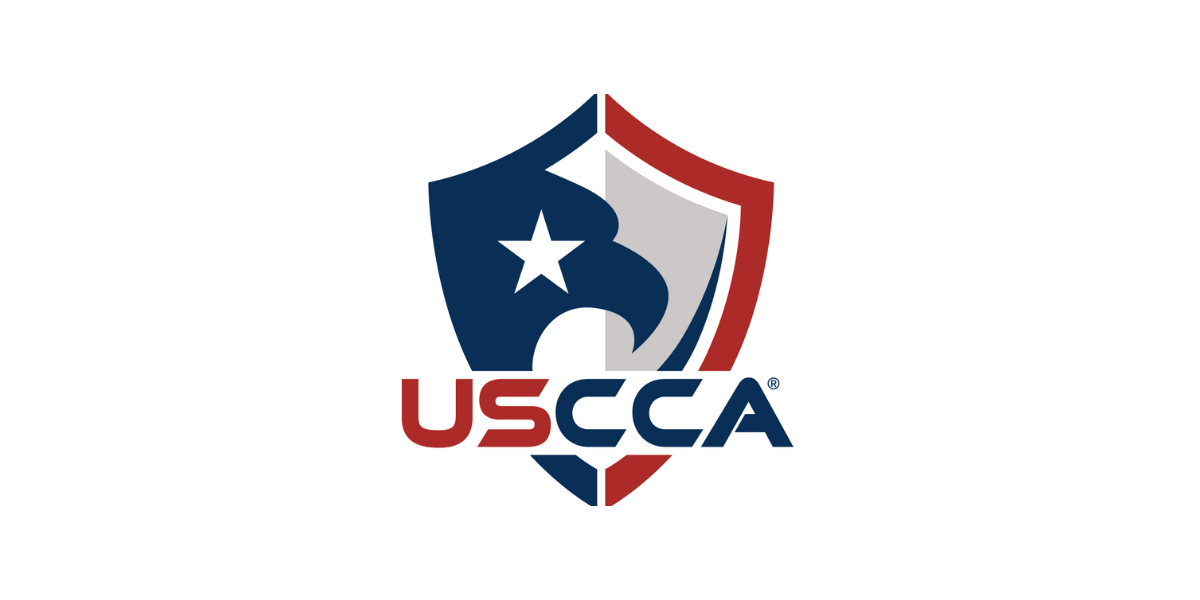The COVID-19 pandemic has put business interruption & civil authority coverage in the spotlight. The New York Department of Financial Services has instructed carriers that insure property owners in New York to provide prospective explanations of coverage on potential business interruption coverage for COVID-19 losses. The New Jersey Assembly drafted a bill to retroactively amend some policies to mandate business interruption coverage for COVID-19, subject to a reimbursement fund, effectively reading out the typical exclusions that appear in many property policies. As of March 19, the bill was not being considered by the New Jersey Senate.
But the attempted move raises the question: could such a measure pass in Texas? The Texas Supreme Court extensively considered the constitutionality of legislation that has a retroactive effect, including laws that impair contractual rights in a case involving asbestos tort reform laws passed in 2003. See Robinson v. Crown Cork & Seal Co., 335 S.W.3d 126 (Tex. 2010). The Court observed the strong presumption against such laws but also noted that there was no outright prohibition on the Legislature from enacting laws with retroactive effect. It also rejected the standard whereby all such laws would be prohibited whenever they impaired “vested rights.” The Court instead adopted the following test:
We think our cases establish that the constitutional prohibition against retroactive laws does not insulate every vested right from impairment, nor does it give way to every reasonable exercise of the Legislature’s police power; it protects settled expectations that rules are to govern the play and not simply the score, and prevents the abuses of legislative power that arise when individuals or groups are singled out for special reward or punishment. No bright-line test for unconstitutional retroactivity is possible. Rather, in determining whether a statute violates the prohibition against retroactive laws in article I, section 17 of the Texas Constitution, courts must consider three factors in light of the prohibition’s dual objectives: the nature and strength of the public interest served by the statute as evidenced by the Legislature’s factual findings; the nature of the prior right impaired by the statute; and the extent of the impairment.
Robinson v. Crown Cork & Seal Co., 335 S.W.3d at 145. This careful balancing test indicates all stakeholders’ interests should be weighed in the event of a governmental response to a critical problem facing businesses forced to shutter. While it is unlikely Texas will follow a potential path put forth by New Jersey, New York, or other states, the previously unthinkable can no longer be ruled out entirely as the pandemic unfolds. The Texas Legislature is not currently in session and the Governor would have to call a special session to convene it.







